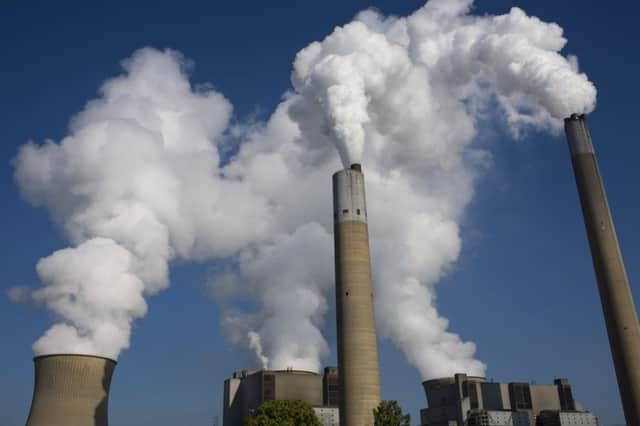Current CO2 level to drive warming above '˜safe' limit


Scientists at the University of Exeter say concentrations of greenhouse gases already present in the atmosphere will drive warming over certain land regions higher than 1.5C above pre-industrial levels.
The temperature rises could impact on trees and plants, they warn, and may influence how some cities are designed.
Advertisement
Hide AdAdvertisement
Hide AdThe latest findings could have implications for discussions on global temperature thresholds, set out to avoid “catastrophic” climate change.
A limit of 1.5C was agreed at United Nations climate summit in Paris last December. World leaders had previously signed up to restricting warming to less than 2C.
The team say there are two main reasons for the result.
Even if carbon dioxide concentrations could be fixed at the current 400 parts per million, they say, the planet would keep warming towards a new higher equilibrium level.
It is presently out of balance, with oceans removing large amounts of heat from the atmosphere. But this will decline as the planet reaches a stable climatic state.
Secondly, warming rates over land are considerably higher than the global average, which includes temperatures over the oceans.
Lead author Dr Chris Huntingford said: “What this paper does is reiterate that the oceans are currently acting as a very strong sink of heat.
“Even if carbon dioxide was somehow stabilised at current levels, additional warming will occur as we move towards an equilibrium climate state.”
Co-author Dr Lina Mercado added: “Our findings suggest that we are committed to land temperatures in excess of 1.5C across many regions at present-day levels of greenhouse gases.
“It is therefore imperative to understand its consequences for our health, infrastructure and the ecosystem services upon which we all rely.”